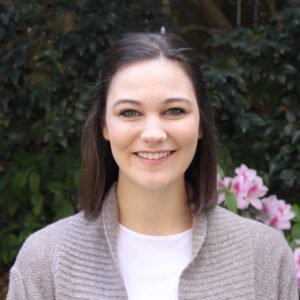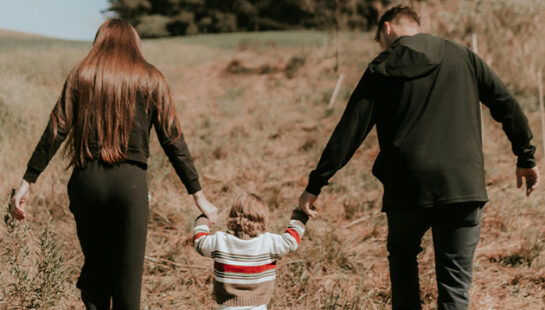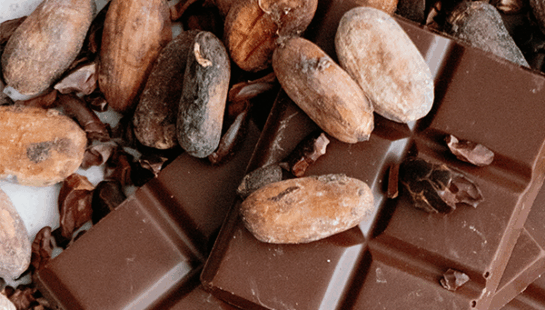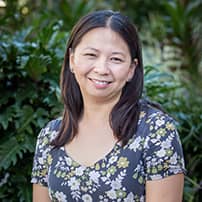It’s been called the ‘great equaliser’ – a disease that does not discriminate on the basis of race, religion or class; the new Coronavirus has literally infected both prince and pauper, it’s crossed international borders, and it’s touched the lives of those near and far to us.
But while that might be true of the virus itself, the opposite could be said of its impact more broadly.
In our own nation, and across the world, it’s the most vulnerable communities that will be hit hardest.
For the global refugee population, the Coronavirus is predicted to have – and is already having -devastating consequences.
In Cox’s Bazar, Bangladesh, more than 854,000 Rohingya refugees are living in crowded bamboo and tarpaulin shelters. An average of 4.6 people live in each shelter, built an average of just 10cms away from the neighbouring shelter. No, that’s not a typo – 10 centimetres.
How do you engage in physical distancing or self-isolation when life looks like this?
In Lebanon, home to more than 1 million Syrian, Palestinian, and other refugees, adequate hygiene is hard to come by. According to the International Rescue Committee (IRC), 73% of refugees in Lebanon lack soap and other hygiene items. And just this past week, we have seen the first positive cases of the virus confirmed in a camp in the Bekaa Valley.
How do you prevent the spread of infection with such limited access to clean water and sanitation?
Of the world’s 25 million refugees, over 80% are living in low to middle income countries, where there are already overstretched and under-resourced healthcare systems and limited legal rights for refugees.
How do you access healthcare when resources are so limited… and your rights to protection are in question?
Beyond the immediate risks of infection, the Coronavirus is also threatening the safety and livelihoods of these communities, as nations lock down borders, aid groups are refused entry into the camps, and work in informal economies dries up.
At the time of writing, more than 500 Rohingya refugees remain stranded off the coast of Bangladesh. They are being refused entry to the shore, despite requiring urgent medical care, food, and water, as Bangladeshi authorities fear that the group may be infected with the virus.
The Coronavirus is exposing and compounding new and existing vulnerabilities for these families.
It is imperative that as individuals, churches, and a nation we move with love, with generosity, and with solidarity to see refugee communities protected during this crisis.
Thankfully, this movement is already at work across the world.
The United Nations High Commissioner for Refugees (UNHCR) has gathered essential medicines and medical equipment, including oxygen concentrators; it has begun distributing soap amongst vulnerable communities. It has also increased its training of staff in how to identify, notify, and manage cases of the Coronavirus, as well as how to undertake contact tracing and record necessary data.
In settlements around the world, refugee-led organisations are making vital contributions to stop the spread of infections. For example, in the Nakivale Settlement in Uganda, refugees are sewing face masks for their fellow community members and raising awareness amongst the settlement about the virus.
Nations are urging the Bangladeshi Government to allow stranded Rohingya refugees to access the critical care that they need.
And, at Baptist World Aid, we are working urgently with our local Christian partners to help protect Syrian refugees in the Bekaa Valley in Lebanon, and Rohingya refugees in Bangladesh. Your gifts to the COVID-19 Global Emergency Appeal help provide important community health education and hygiene materials, so that vulnerable families can do everything possible to protect themselves from coronavirus. Your generosity is also helping to provide emergency food relief and food vouchers for families who have lost their income due to coronavirus.
As this global emergency continues to unfold, please stand in solidarity with those who will be hit hardest, including our neighbours in refugee camps across the world.
We invite you to be informed, to be prayerful and plead for the protection of vulnerable children, women, and men, and to be generous to the work of our local Christian partners on the ground so lives can be saved.
It is more important now than ever before.
Because for refugee communities across the globe… this ‘great equaliser’ of a disease is proving to be anything but.



 Heather Keith,
Heather Keith,

 Sophia Russell,
Sophia Russell,